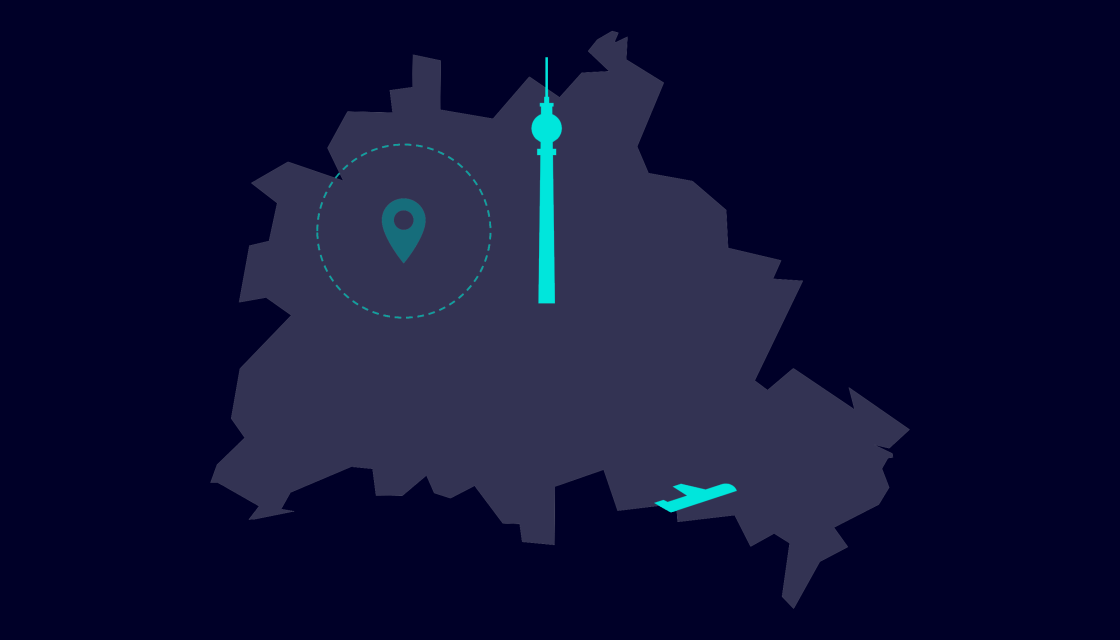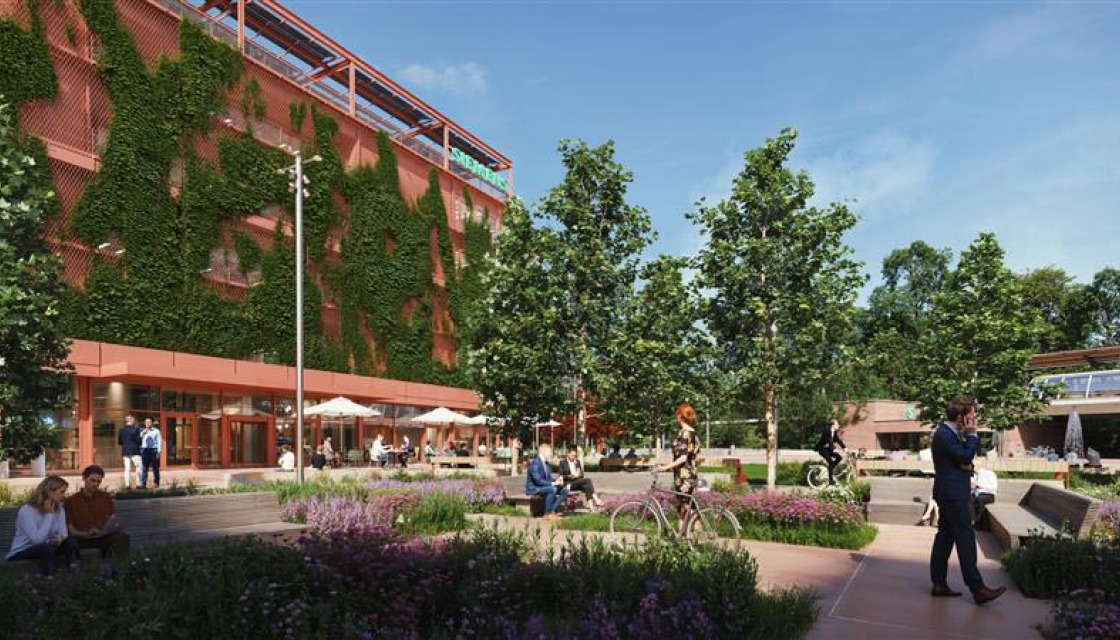For over 125 years, Siemensstadt has stood for industrial excellence made in Berlin. Today, the traditional location is developing into a vibrant place of the future:
Siemensstadt Square is opening up - an urban quarter is being created that combines work, research and life. Sustainable and digital.
This is where industrial strength meets digital innovation and urban quality of life - an attractive location for companies, research institutions and innovation partners who want to grow, network and help shape the future in Berlin.
Today, the traditional site continues to develop into a vibrant place of the future: Siemensstadt Square is an urban quarter that combines business, science and modern city life - and is one of the capital's eleven official places of the future.
Siemensstadt Square is growing into a dynamic innovation ecosystem. Spaces for ideas, cooperation and technological progress are being created here - in the middle of Berlin and at the heart of the industrial future.
Siemensstadt Square - A Berlin future place is emerging
Digital Excellence and Sustainable Technologies - at the Heart of Industry
-
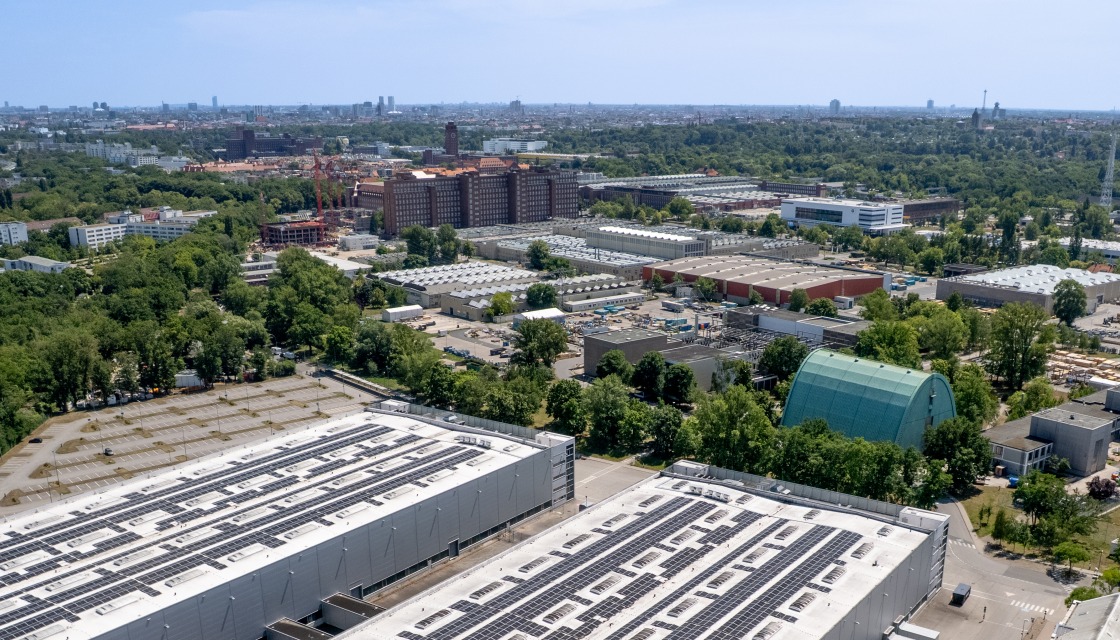 A new urban quarter for Berlin
A new urban quarter for BerlinOver the next few years, the 76-hectare, tradition-steeped site will gradually be transformed into a vibrant, urban quarter in which working and living, research and production are harmoniously intertwined. Siemensstadt Square stands for digital excellence and sustainable technologies - in the heart of industry.
-
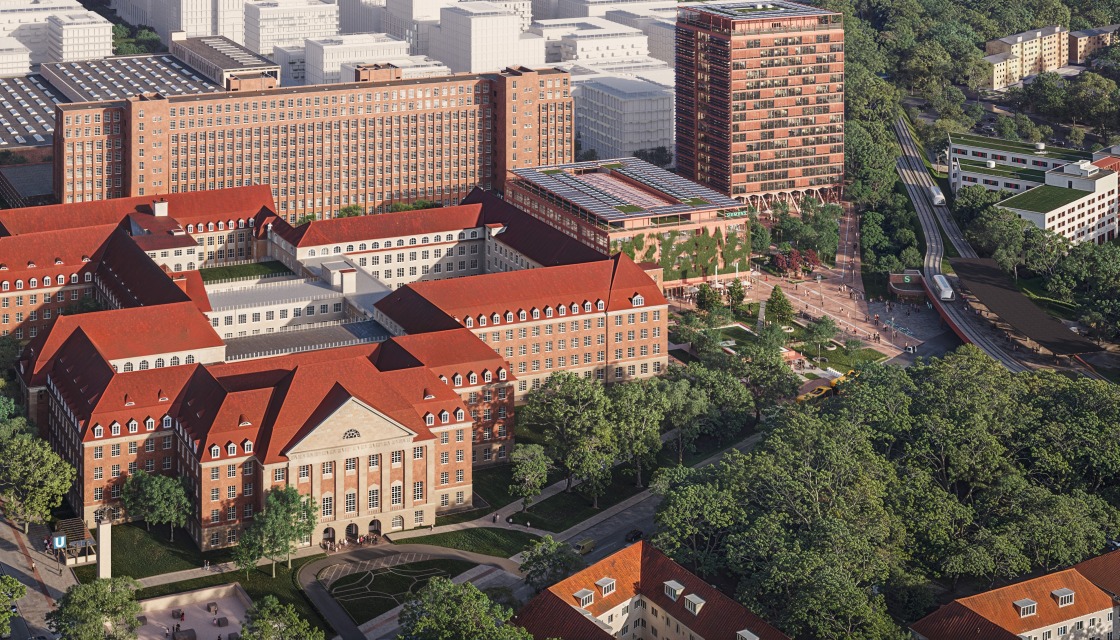 The campus at the entrance square
The campus at the entrance squareA modern campus for digital excellence and sustainable technologies is being created. It opens up to companies and partners who work together with Siemens on digital and sustainable topics of the future.
Flexible working environments, publicly accessible first floors and a roof terrace with a view over Berlin create space for exchange, cooperation and new ways of working. -
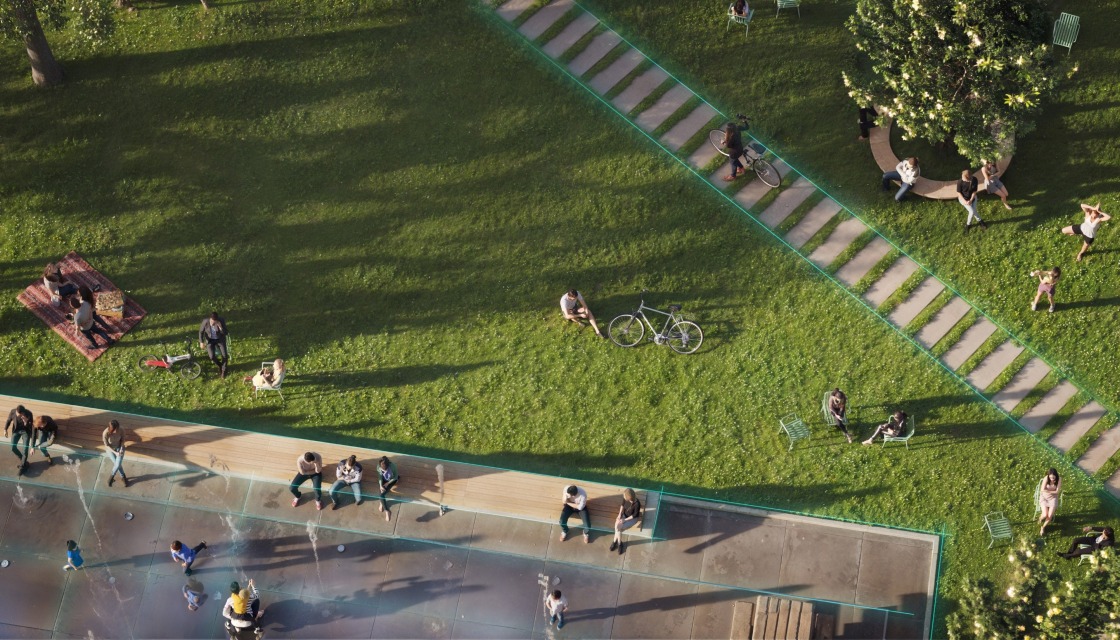 Sustainability as a foundation
Sustainability as a foundationSiemensstadt Square is operated completely CO₂-neutral - with 100% renewable energy and an innovative heating and cooling network based on one of the largest wastewater heat exchangers in Europe. The quarter is already pre-certified to DGNB and LEED Platinum standards.


